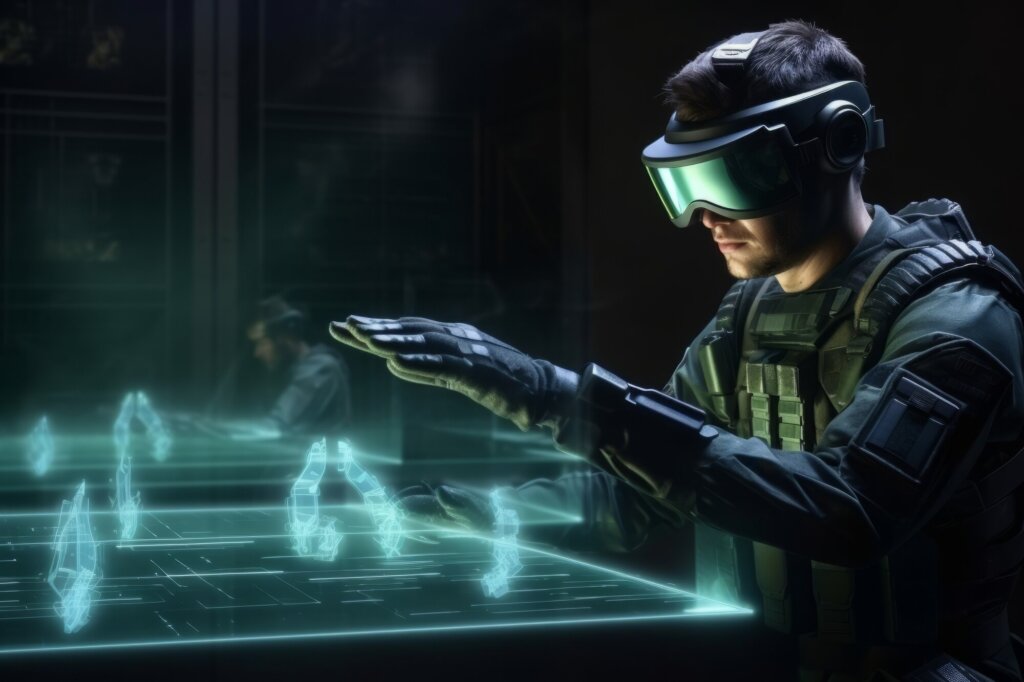Artificial Intelligence (AI) has become a game-changer in various industries, and the gaming sector is no exception. AI agents in games are transforming how we play, develop, and interact with virtual environments. This blog will explore the role of AI agents in gaming, their applications, and practical examples that illustrate their impact.
Table of Contents
Understanding AI Agents in Games
At its core, an AI agent is a software program designed to perform tasks autonomously by utilizing advanced algorithms and machine learning techniques. In gaming, these agents enhance gameplay by creating more immersive experiences and improving game development processes. The focus keyword for this article is ai agents in games, which will be used throughout to emphasize their significance in the industry.

The Role of AI Agents in Game Development
AI agents are integral to modern game development. They can automate various processes, allowing developers to focus on creativity and innovation. Here are some key areas where AI agents are making a difference:
- NPC Behavior: Non-player characters (NPCs) powered by AI can adapt their actions based on player choices, making them more lifelike and responsive. For example, in games like Red Dead Redemption 2, NPCs remember past interactions with players and react accordingly, creating a more dynamic gaming environment.
- Procedural Content Generation: AI agents excel at generating vast amounts of game content algorithmically. This includes creating terrains, quests, items, and character designs. A prime example is No Man’s Sky, where AI-driven procedural generation creates unique planets and ecosystems for players to explore.
- Adaptive Difficulty: By analyzing player performance in real-time, AI agents can adjust game difficulty dynamically. This ensures that players face appropriate challenges without feeling overwhelmed. For instance, Resident Evil 4 uses adaptive difficulty systems to modify enemy behavior based on player skill levels.

Use Cases of AI Agents in Gaming
The practical applications of AI agents in gaming are numerous and varied. Here are some notable use cases:
1. Enhancing NPC Interactions
AI agents allow NPCs to exhibit realistic emotions and decision-making skills. They can learn from player interactions and adapt their behaviors accordingly. This leads to richer storytelling and more engaging gameplay experiences.
2. Dynamic World Building
With procedural content generation, AI agents can create expansive worlds filled with diverse landscapes and quests. This not only saves time for developers but also provides players with nearly limitless exploration opportunities.
3. Personalized Gaming Experiences
By analyzing player behavior and preferences, AI agents can tailor experiences to individual players. This includes adjusting storylines or quests based on previous choices or play styles.
Practical Examples of AI Agents in Games
To illustrate the impact of AI agents further, let’s delve into specific examples:
AI Agents in Minecraft
In Minecraft, AI agents are employed to enhance gameplay through various tools that allow for complex interactions within the game world. For instance, players can utilize mods that introduce intelligent NPCs capable of building structures or assisting with resource gathering. These enhancements make the game more dynamic and enjoyable for players of all ages1.
AI Tools for Game Development
Several tools leverage AI to assist developers in creating better games:
- Unity ML-Agents: This toolkit allows developers to train intelligent agents using reinforcement learning techniques, enabling NPCs to learn from their environments dynamically.
- IBM Watson: Used for creating conversational agents that enhance player interactions with NPCs through natural language processing.
The Future of AI Agents in Gaming
As technology advances, the capabilities of AI agents are expected to grow significantly. Future developments may include:
- Advanced Decision-Making: Future AI agents will be able to make complex decisions based on past player interactions, leading to even more personalized gameplay experiences5.
- Improved Memory: Enhanced memory capabilities will allow AI agents to remember past encounters with players over longer periods, leading to deeper narratives and interactions5.
- Cross-Game Learning: Research is underway on creating AI agents that can transfer knowledge from one game to another, adapting strategies based on learned experiences across different gaming environments.
Conclusion
AI agents are revolutionizing the gaming industry by enhancing gameplay experiences and streamlining development processes. From creating lifelike NPCs to generating expansive worlds algorithmically, these intelligent systems are paving the way for a new era of interactive entertainment.As we look towards the future, the potential for AI agents in games seems limitless. With ongoing advancements in machine learning and artificial intelligence technologies, we can expect even more immersive and engaging gameplay experiences that adapt uniquely to each player.For those interested in exploring further about the impact of AI on gaming or learning more about specific tools available for game development using AI technologies, consider checking out these resources:
